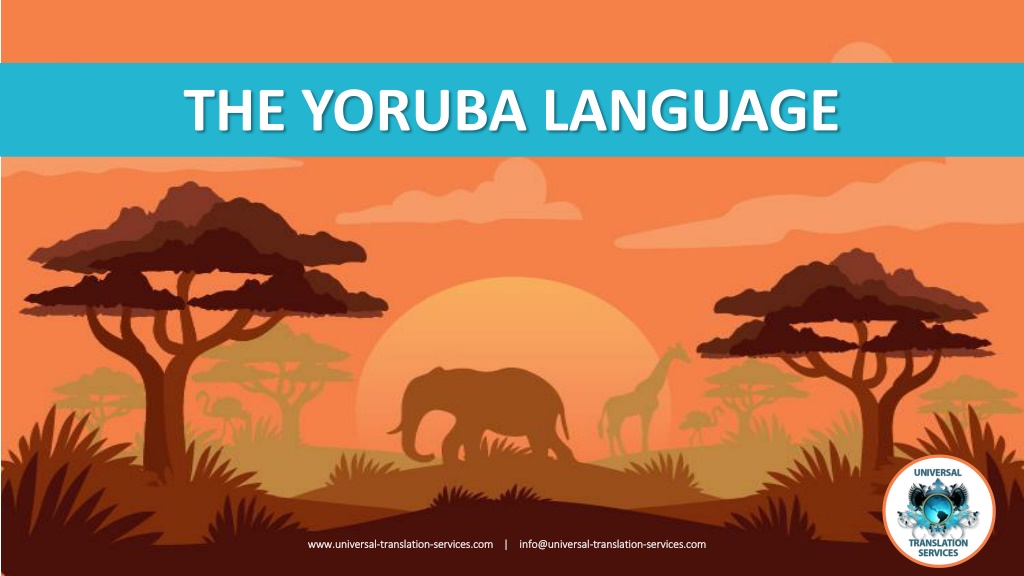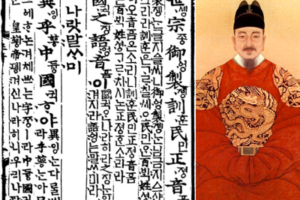
Yoruba Language
- Posted by Admin
- Categories Historical Background
- Date April 8, 2024
- Comments 0 comment
Yoruba, one of the three largest ethnic groups of Nigeria, concentrated in the southwestern part of that country. Much smaller, scattered groups live in Benin and northern Togo. The Yoruba numbered more than 20 million at the turn of the 21st century. They speak a language of the Benue-Congo branch of the Niger-Congo language family.
Most Yoruba men are farmers, growing yams, corn (maize), and millet as staples and plantains, peanuts (groundnuts), beans, and peas as subsidiary crops; cocoa is a major cash crop. Others are traders or craftsmen. Women do little farm work but control much of the complex market system—their status depends more on their own position in the marketplace than on their husbands’ status. The Yoruba have traditionally been among the most skilled and productive craftsmen of Africa. They worked at such trades as blacksmithing, weaving, leatherworking, glassmaking, and ivory and wood carving. In the 13th and 14th centuries Yoruba bronze casting using the lost-wax (cire perdue) method reached a peak of technical excellence never subsequently equaled in western Africa. Yoruba women engage in cotton spinning, basketry, and dyeing.
There is much diversity in social and political organization among the Yoruba, but they share many basic features. Inheritance and succession are based on patrilineal descent; members of the patrilineage live together under the authority of a headman, share certain names and taboos, worship their own deity, and have rights in lineage lands. The Yoruba also have several kinds of voluntary associations, including the egbe, a male recreational association; the aro, a mutual-aid association of farmers; and the esusu, whose members contribute a fixed amount of money and from which they can receive loans. Political authority is vested in the oba and a council of chiefs; constituent towns each have their own ruler, who is subordinate to the oba. The oba is also a ritual leader and is considered sacred.



